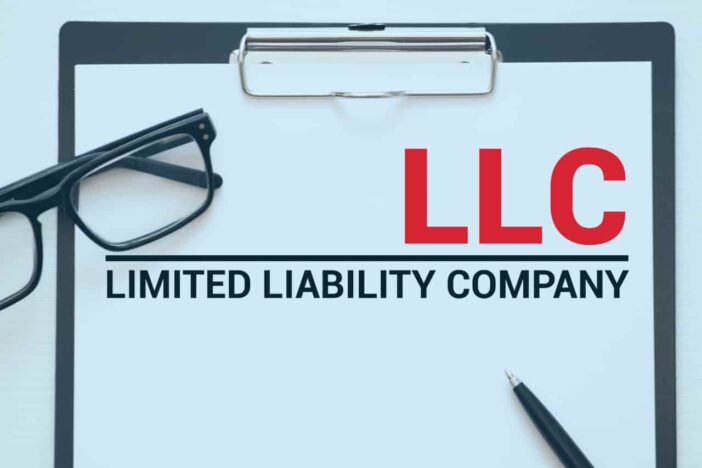Setting up your business takes time, effort, determination, and most importantly, a fail-proof strategy to succeed. There are so many aspects to take care of when setting up a business, making it an overwhelming task for aspiring businessmen. Nevertheless, taking critical decisions after evaluating the possibilities is what defines an accomplished businessman. When setting up your business, it is important to decide the category you want your business to be recognized as. Sole proprietorship, limited liability company, corporation, private limited company, and joint-stock companies are a few business categories. Today we will be discussing in detail about an LLC, how it works, and whether registering your business as an LLC would benefit you in the long run. Without further Ado, let’s begin.
Understanding an LLC
A limited liability company favors mostly small to medium business structures by offering flexibility and the adequate protection a growing company would require. An LLC can be understood as a category that has a combination of characteristics taken from other company types. In simple words, an LLC has the characteristics of a corporation and a partnership combined to form a hybrid structure. There is no limit to who would own an LLC. Companies, organizations, and individuals can become owners. The owners of the company cannot be personally held accountable or pursued for repayments. Furthermore, the taxes are not paid as a company, instead, individual members are taxed according to their profits. Now that we have developed a basic understanding of a limited liability company, let’s read on to quickly review the proper ways to form a limited liability company.
Forming an LLC
The first thing to do is to think of a company name that represents your business. Try choosing a name that’s unique and portrays the character of your business. After you are done finalizing the company name, start working on the articles of the organization that is documented to lay down the structure of your company. The articles of organization will determine the rights, powers, duties, and obligations of each owner.
Documents like these contain business terminology that should be worked on by an expert. For aspiring businessmen and entrepreneurs who find it overwhelming to document the articles of organization or related documentation, getting help from reliable LLC forming services would be a good option to consider. When selecting an LLC forming service, get recommendations for the best 5 services to ensure you sieve out the one that suits your business. Besides completing documentation, you will be required to pay a fee to the state you live in. It is also recommended to review the state and federal regulatory policies for businesses to have a complete understanding of the rules you have to comply with.
Now that we have covered the basics, let’s read on to know the advantages of forming an LLC.
Asset Protection
Establishing your business as a limited liability company provides individual members with liability protection which indirectly helps in asset protection. This means that the whole company will be held accountable instead of individual owners, ensuring their personal assets stay unaffected. As there is no personal liability, especially for members of an LLC, people filing a lawsuit cannot collect compensation from your personal assets like bank accounts, owned properties, or vehicles.
Ease of Use
Setting up an LLC is a straightforward process that requires a few steps to complete. Furthermore, selecting this company type gives you the adaptability to mould the business accordingly. For example, you have the liberty to add as many members to the company without any limitations. The responsibilities and obligations of each member can also be reworked according to the requirements.
Easy Taxation
Owners of an LLC encounter easy taxation rules. This gives businesses less stress to worry about taxes and more time to focus on improving the business. The profits earned through the company are divided among members and reported as personal income. The income is then taxed at a personal tax rate instead of a tax rate charged to a business. There are several regulatory laws that require companies to qualify for pass-through taxation before availing of the perk. Therefore, make a strategy to qualify for a pass-through before you apply for relaxation.
Although limited liability companies have some advantages which are mentioned above, they also come with several disadvantages. For example, if a member from an LLC dies, the company has to be dissolved which could lead to further problems and bankruptcy. We hope that you find the information useful and help you make the right choice to make your business grow and prosper.





